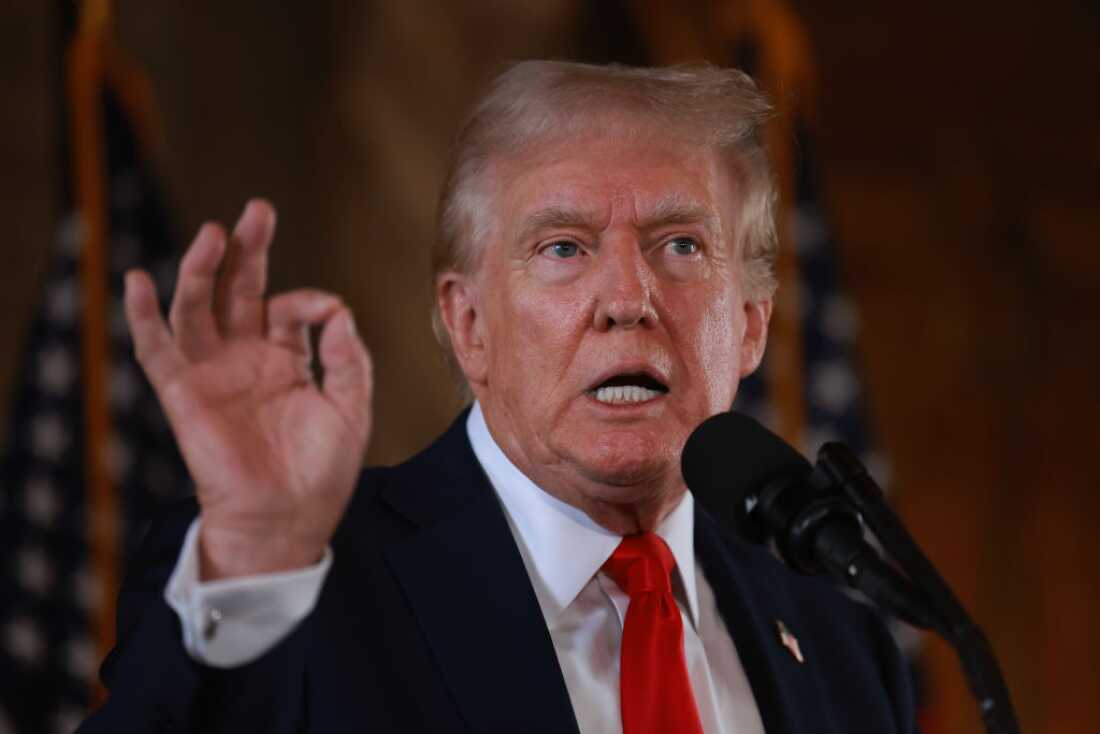The fate of TikTok, a major player among global social media platforms, seems to be approaching a critical juncture as negotiations between Washington and Beijing move toward a much-anticipated deal.
In the past few years, TikTok has become the focal point of a geopolitical conflict that transcends viral content and entertainment trends. This platform, under the ownership of the Chinese entity ByteDance, has evolved into a worldwide sensation, gathering hundreds of millions of users and transforming digital culture across different regions. However, its immense success has sparked political, security, and economic discussions spanning from the United States to Asia, Europe, and elsewhere. Currently, the spotlight is on former U.S. President Donald Trump and Chinese President Xi Jinping, as they are anticipated to finalize a deal that might not only alter TikTok’s operations but also reshape the broader technological relationship between these two countries.
Lo que hace que este momento sea especialmente importante es la complejidad de los temas en juego. Para Washington, las preocupaciones han girado durante mucho tiempo en torno a la seguridad de los datos, la privacidad de los usuarios y la posible influencia de una plataforma de propiedad china en la sociedad estadounidense. Para Beijing, el asunto implica defender los intereses comerciales nacionales y afirmar su posición en la carrera global por la tecnología. Por lo tanto, las negociaciones entre Trump y Xi no solo tratan de una sola aplicación, sino también de cuestiones más amplias de confianza, soberanía y el equilibrio de poder en la era digital.
A platform caught in the middle of global politics
Since its meteoric rise, TikTok has been more than just an app for short videos. It has become a space where creators can launch careers, where businesses can reach new audiences, and where cultural trends spread faster than ever before. However, the very factors that made TikTok successful have also sparked unease. Critics in the United States have argued that the app could provide Beijing with unprecedented access to the personal data of American citizens, potentially putting national security at risk.
For several years, this concern has inspired political discussions, with representatives, regulatory bodies, and government authorities advocating for tighter rules or complete prohibitions. Meanwhile, TikTok’s executives have repeatedly refuted claims of misconduct, highlighting their dedication to protecting user information and maintaining openness in how they operate. Still, the app’s association with ByteDance and the wider Chinese technology sector continues to fuel the debate, turning it into a central issue in the ongoing strained U.S.-China relations.
Financial interests and digital independence
The discussions occurring today transcend purely political matters, encompassing economic aspects as well. TikTok is responsible for generating billions in advertising income and has transformed into a vital resource for entrepreneurs and small enterprises. For the United States, securing an agreement that guarantees local oversight of data management and activities could enable the app to keep benefiting the economy without posing a security threat. For China, maintaining TikTok’s presence in the U.S. market protects a significant business interest and ensures that one of its most successful global digital products is not dismantled in foreign territories.
The idea of digital sovereignty also looms large in these talks. Countries around the world are increasingly determined to protect their citizens’ data and set clear rules about how international tech companies operate within their borders. The TikTok case illustrates the difficulties of balancing openness with security, innovation with regulation, and global connectivity with national interests. Whatever agreement Trump and Xi reach today will likely serve as a precedent for how similar disputes are handled in the future.
The path to reaching a consensus
Talks between Washington and Beijing about TikTok have been prolonged and challenging. Several times, options such as requiring ByteDance to divest its U.S. branch, completely prohibiting the app, or permitting it to operate under increased scrutiny have been considered. Every potential solution was accompanied by its own set of issues, including legal hurdles and opposition from the app’s extensive community of users.
The anticipated deal suggests that both governments have recognized the need for a compromise. For the U.S., it could mean gaining more control over how data is stored and managed, possibly through partnerships with American firms. For China, it allows ByteDance to retain ownership while making concessions that address Washington’s most pressing concerns. Though the exact details of the agreement remain closely guarded, the fact that both Trump and Xi are directly involved indicates its importance at the highest political levels.
The reaction from the public and the tech industry will also be telling. Users, creators, and businesses reliant on TikTok will be eager to know whether the platform’s future in the United States is secure. Investors and competitors will watch closely, as the outcome could influence valuations, market strategies, and the regulatory landscape for other social media platforms.
The settlement of this long-standing concern has significance extending far beyond TikTok. It serves as an examination of how two of the biggest global economies can address conflicts in the digital arena while safeguarding their own priorities. As technology keeps advancing and moving across borders effortlessly, the difficulty of harmonizing innovation with security will only grow. If concluded today, this agreement will represent a crucial moment in that continuing saga.




